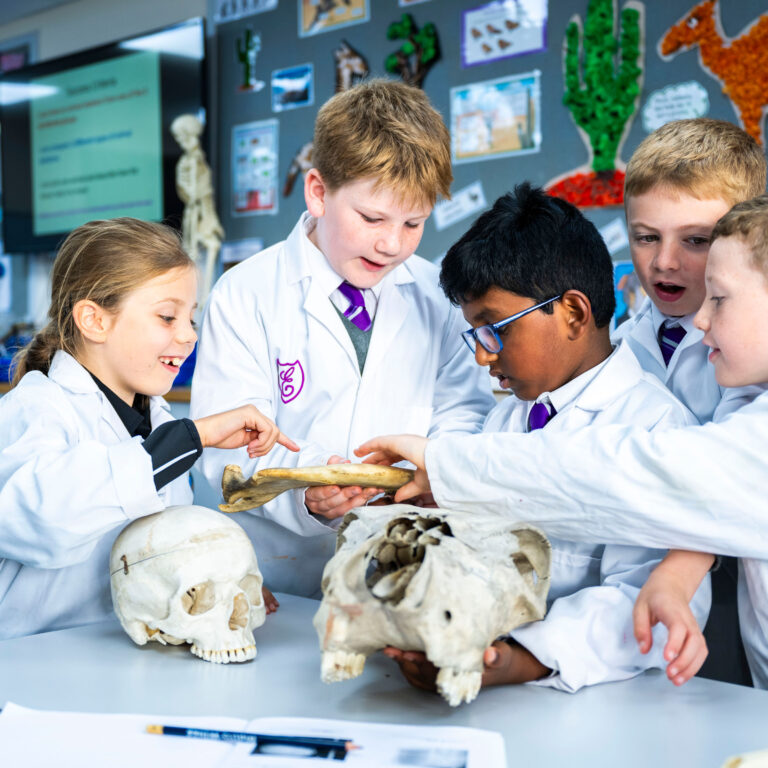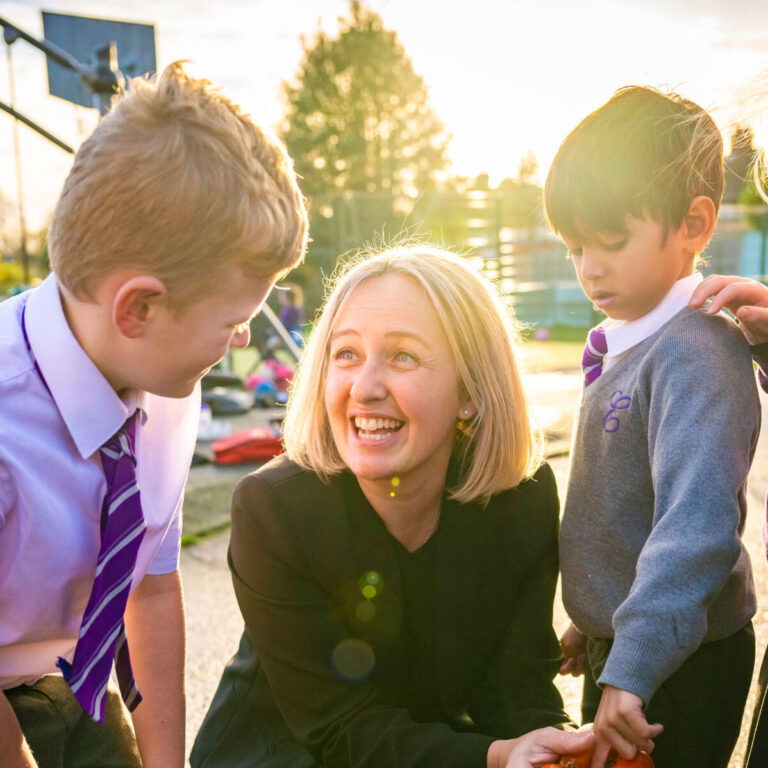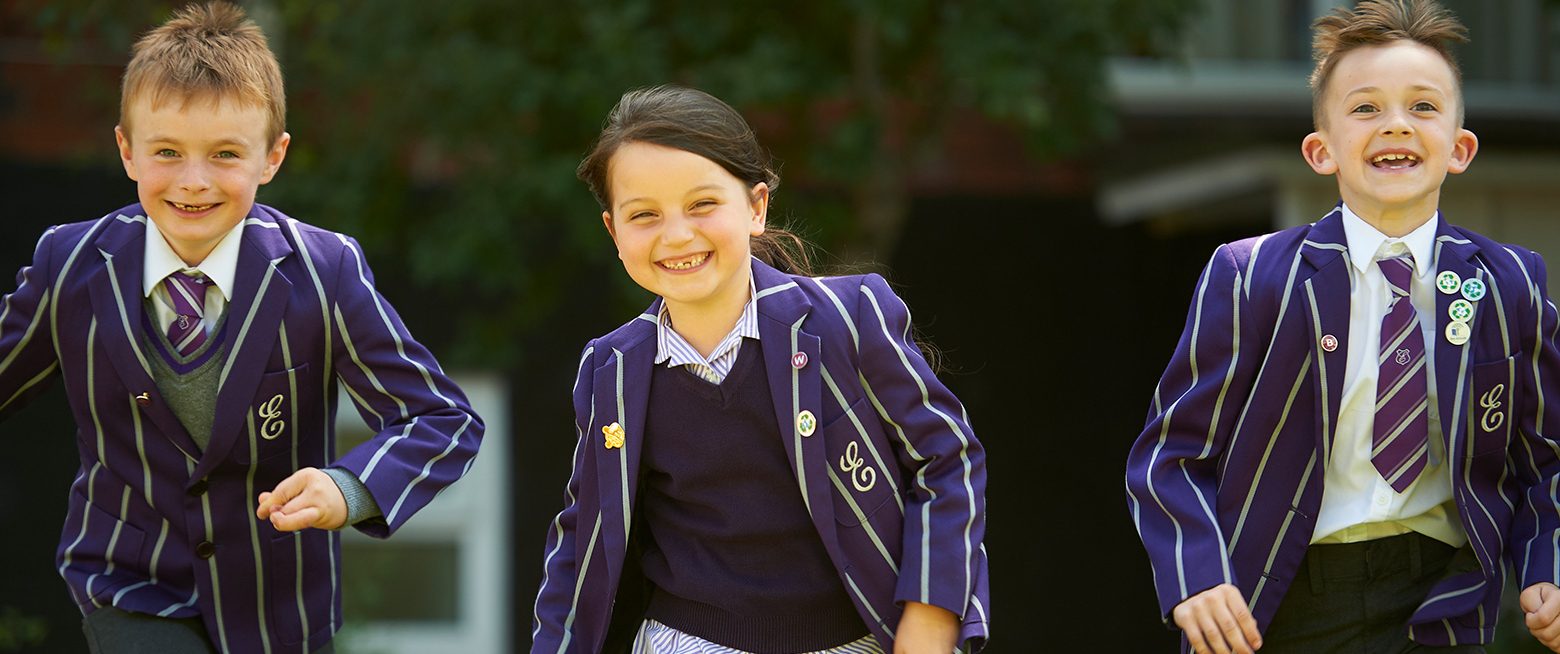
Starting school is one of life’s major milestones and for many parents it can be an emotional time. It’s natural to feel both nervous and excited, but with a little advance preparation both you and your little one will be able to cope with the transition more smoothly.
Here are our Top 10 tips to help you and your child start school with a smile.
- Talk about school
Start talking about school, and ask your child how they are feeling. What are they most looking forward to? Are they worried about anything? Read books about starting school together, and look at your child’s school prospectus and/ or website together, and talk about the pictures. If your child seems anxious about school, try focusing on the things they’ll like best – maybe the animals, playground or new friends.
- Stay positive – keep calm and smile
It’s natural to feel nervous about your child starting school, but remember that your child can easily pick up on your emotions. Ensure that you are always positive when talking about school. If you are enthusiastic and confident that all will be well, then your child will feel the same way too. Avoid using any negative language such as “you’ll get in trouble if you behave like that at school.”
- Help them develop their independence
A child who can do things for themselves will feel happier and settle at school more quickly. There are many useful skills you can practise to help your child become independent and confident at school including sitting up at a table, eating with a knife and fork, using a tissue to blow their nose, washing their own hands, tidying up after themselves and being fully toilet trained during the day. Don’t worry if your child can’t do all these things before they start school. Teachers and support staff will help them learn these skills, so let them know what your child finds tricky.
- Let them try on their uniform
Your child will enjoy trying on their smart new uniform. Let them practise getting undressed and dressed in preparation for PE lessons. When shopping for new uniform, look for items with larger buttons that are easier for little fingers and when it comes to shoes, velcro is preferable to laces. Teach them tricks for getting dressed like having the labels at the back, rolling up tights and holding cuffs to avoid sleeves riding up. Why not take a photograph of them in their new uniform and stick it to the fridge, to help them picture themselves at school?
- Help them to recognise their name
Your child won’t be expected to write their own name independently at the start of school, but it’s often helpful if they can recognise their own name on a coat peg or name label. Put their name on their bedroom door (and anywhere else you’re willing), and put name labels on absolutely everything, then show them to your child so they know where the labels are.
- Play listening games
Games such as ‘Simple Simon’ and ‘Can you find?’ are great for helping little ones practice their listening skills, which will be an important skill at school where they will need to follow their teacher’s instructions. Once they’ve mastered simple instructions, try adding two or three together: “Take off your coat then wash your hands and sit down at the table please.”
- Make a date
If you already know some other children who will be in your child’s class, why not organise a play date or outing together before school starts? As well as helping the youngsters to develop their social skills, it’s helpful for you to be able to chat about your own feelings and anxieties with their parents, who may be feeling the same.
- Start a routine
We all know getting out of the house in the morning with a small child in tow can be a challenge, especially if you need to be somewhere for a specific time! As the start of term approaches, try to get into the school routine, so your child gets used to getting up, going to bed, and having meals and snacks at the times they will on school days. Practise the morning routine, including getting dressed and eating breakfast in time to leave. It’s also a good idea to practise the school run so that you’re both prepared for the journey. Bath time and stories will help children to wind down before bedtime, and nutritious meals and plenty of sleep will help them to concentrate and learn more easily during their time at school.
- Do some worksheets together
PACEY, the Professional Association for Childcare and Early Years, has produced some great fact sheets and resources for parents and children about to start school. Their #ReadyForSchool worksheets covering topics including mark making, listening, talking and numbers can be accessed online at www.pacey.org.uk/schoolready
- Get to know your child’s teachers
Your child’s teacher will be an expert in helping children to settle in, learn and thrive at school. However, you know your child best, so if there is anything you think might help your child feel more settled, suggest it to the class teacher during the first few weeks.
Hopefully this has provided some helpful tips to help both you and your child prepare for starting school.
Liz Hodgkinson
Reception Teacher and Head of Early Years at Edenhurst Preparatory School







